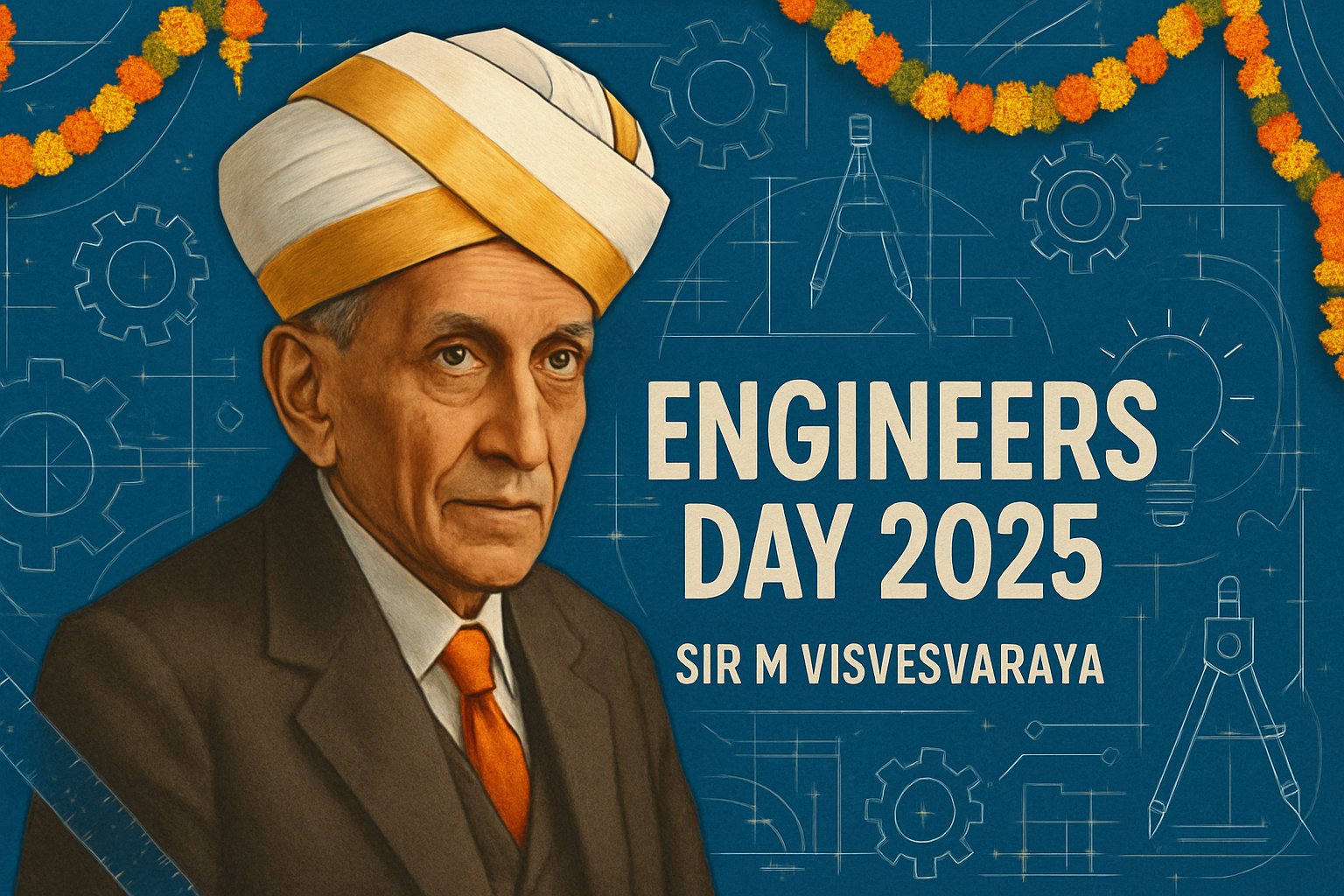Probable Syllabus for APSC PHED JE 2025
The syllabus for the APSC PHED JE Recruitment 2025 has not been officially released for this year. However, based on previous years’ patterns (e.g., Advertisement 29/2023), the examination is likely to include a General Studies paper and a discipline-specific paper (Civil, Mechanical, Chemical, or Electrical). Below is the probable syllabus for each:
General Studies (Common for All Disciplines)
| Topic | Description |
| Current Affairs | National and international events, government schemes, awards, sports, etc. |
| Indian History & Culture | Ancient, medieval, and modern Indian history, cultural heritage of Assam. |
| Indian Polity | Constitution, governance, political system, Panchayati Raj, public policy. |
| Geography | Physical, economic, and human geography of India and Assam. |
| Indian Economy | Economic planning, poverty, unemployment, budget, and fiscal policies. |
| General Science | Basics of physics, chemistry, biology, and environmental science. |
| Reasoning & Aptitude | Logical reasoning, quantitative aptitude, data interpretation. |
| General Knowledge of Assam | History, geography, culture, economy, and current affairs of Assam. |
Discipline-Specific Syllabus
Junior Engineer (Civil)
| Topic | Description |
| Strength of Materials | Stress, strain, bending moment, shear force, torsion. |
| Structural Analysis | Analysis of beams, trusses, frames, and arches. |
| Concrete Technology | Properties of concrete, mix design, testing methods. |
| Steel Structures | Design of steel beams, columns, connections. |
| Fluid Mechanics | Fluid properties, flow measurement, hydraulics. |
| Soil Mechanics | Soil classification, compaction, shear strength, foundation engineering. |
| Surveying | Levelling, theodolite, total station, GPS. |
| Construction Materials | Bricks, cement, aggregates, timber. |
| Irrigation Engineering | Types of irrigation, canal design, water requirements. |
| Highway Engineering | Road alignment, pavement design, traffic engineering. |
Junior Engineer (Mechanical)
| Topic | Description |
| Thermodynamics | Laws of thermodynamics, heat transfer, cycles. |
| Fluid Mechanics | Fluid properties, pumps, turbines, flow measurement. |
| Strength of Materials | Stress, strain, torsion, bending, deflection. |
| Theory of Machines | Kinematics, dynamics, gears, flywheels, governors. |
| Machine Design | Design of machine elements, bearings, shafts. |
| Manufacturing Processes | Casting, welding, machining, forming processes. |
| Engineering Mechanics | Statics, dynamics, equilibrium, friction. |
| Heat Transfer | Conduction, convection, radiation, heat exchangers. |
| Power Plant Engineering | Steam, gas, and nuclear power plants. |
| Refrigeration & Air Conditioning | Refrigeration cycles, HVAC systems. |
Junior Engineer (Chemical)
| Topic | Description |
| Chemical Process Calculations | Material and energy balances, stoichiometry. |
| Fluid Mechanics | Fluid flow, pumps, piping systems. |
| Heat Transfer | Heat exchangers, conduction, convection, radiation. |
| Mass Transfer | Distillation, absorption, extraction, drying. |
| Chemical Reaction Engineering | Kinetics, reactor design, catalysis. |
| Process Control | Control systems, instrumentation, PID controllers. |
| Thermodynamics | Chemical equilibrium, phase equilibrium. |
| Environmental Engineering | Water and wastewater treatment, air pollution control. |
| Process Equipment Design | Design of reactors, columns, vessels. |
| Industrial Chemistry | Polymers, fertilizers, petrochemicals. |
Junior Engineer (Electrical)
| Topic | Description |
| Electrical Circuits | Network analysis, AC/DC circuits, resonance. |
| Electrical Machines | Transformers, motors, generators, performance analysis. |
| Power Systems | Transmission, distribution, load flow, fault analysis. |
| Control Systems | Feedback systems, stability analysis, controllers. |
| Power Electronics | Converters, inverters, rectifiers, choppers. |
| Electrical Measurements | Measurement of voltage, current, power, energy. |
| Electromagnetic Fields | Maxwell’s equations, magnetic circuits. |
| Digital Electronics | Logic gates, combinational and sequential circuits. |
| Utilization of Electrical Energy | Electric heating, welding, illumination. |
| Renewable Energy Systems | Solar, wind, and hydro power systems. |
Note: The above syllabus is based on previous years’ patterns and is subject to change. Candidates should check the official APSC website for the latest syllabus updates.
Also See: Details about APSC PHED JE 2025 Civil, Mechanical, Electrical, Chemical





